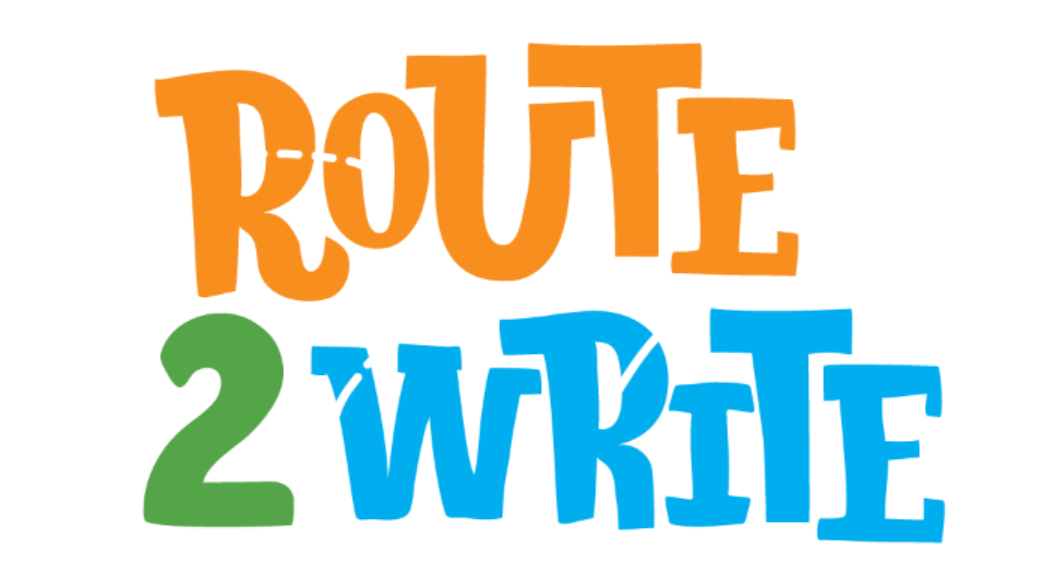With AI tools becoming more common in schools and at home, parents and teachers are asking an important question: how do I know if my child’s work is really their own? While AI writing tools can be useful for brainstorming or practice, they can also mask a student’s true abilities if overused. Recognizing the difference between authentic student writing and AI-generated text helps adults guide children toward developing their own voices.
The more of your child’s writing you read, the easier it becomes to spot when something feels “off.” Every student has a natural rhythm—common word choices, sentence lengths, and even mistakes. If a new piece suddenly feels too polished or unfamiliar, it might be worth asking more questions.
AI often produces writing that sounds far more advanced than what’s typical for a child’s grade level. Watch for unusually sophisticated vocabulary, flawless grammar, or sentence structures that don’t match the child’s usual work.
Many AI tools repeat ideas or rely on broad, generic statements. If the writing feels vague, repetitive, or lacking in personal detail, it could be a sign of AI assistance. Children’s authentic writing usually includes specific examples, opinions, or small details from their own lives.
Student writing, especially in elementary and middle school, tends to include quirks like misspellings, uneven paragraphing, or unexpected jumps in thought. AI-generated text often smooths these out, creating a “too perfect” product that feels less human.
If you’re unsure, compare the assignment to earlier writing samples. Big jumps in quality without practice or instruction in between can signal that outside tools were heavily involved.
Spotting AI in kids’ writing isn’t about catching them out—it’s about understanding where support is needed and ensuring they’re building authentic skills. The best way to help children grow as writers is by encouraging practice, feedback, and a safe space to make mistakes. At Route2Write, our online writing programs are designed to help students find their own voice, develop confidence, and build lasting skills that no AI can replace.

